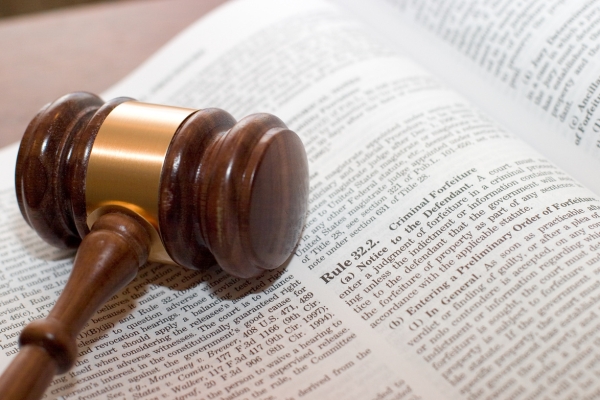What Are My Rights When Detained vs Arrested in Florida
Regardless of whether you’ve been detained or arrested in Florida, you have the right to ask for an attorney. The law requires police officers to read their Miranda rights to any person that they’re arresting. However, they can stop you if they have any reason to be suspicious of your behavior. Before the formal arrest, the police may ask you a series of questions to complete a field interrogation card. During the course of the informal conversation, you might say something that can be used against you in a court of law. For this reason, it is advisable to remain silent and politely request for legal representation or a criminal defense attorney.
Definition of Detention
The officer can conduct a “brief and cursory” hold or detention where you’re not under arrest. However, you may not be free to leave also. You could be asked to remain on the spot, possibly in the police car, while they conduct an investigation of the area. The law does not permit the police to remove you from the area unless they have probable cause for formally arresting you. Or, you choose to accompany them to another location voluntarily. At the end of the questioning, the officer must arrest you or allow you to leave.
Aside from suspicious behavior, the police can also stop you for a traffic violation or, possibly carrying weapons. These weapons can be of any kind, including a firearm or any other. Any person found carrying marijuana can also be arrested according to Florida state law. Even if you have an illegal object, the officer must return it unless they’ve arrested you formally. Whatever may be the situation, stay calm, and request to be allowed to speak to an attorney. You have the right to only give your name and refuse to respond to any questions unless you’re suspected of committing a crime.
Definition of an Arrest
According to the law, at the time of a formal arrest, the police must read your Miranda rights. Once you request an attorney, officers must halt questioning. Anything you say or do cannot be used as evidence against you in a court of law. If the police have probable cause or see a misdemeanor occurring, they can make an arrest. They can also arrest a person if they think a felony is being committed or the person is responsible for the felony.
An arrest occurs when the police officer takes the suspect into custody by placing handcuffs and clearly informing them that they have been arrested. Only then can they move the person to another location. If the person is moved to another location without being formally arrested, there is no probable cause for the arrest. Even if any evidence is found against the person, it cannot be held admissible in court.
Once arrested, you have the right to know about the crime or charges against you. Also, ask about the identity of the police officers arresting you. Once the police have completed their booking procedures, they’ll allow you to make a phone call to inform your family, friends, attorney, or bond person about the situation. In case you cannot afford an attorney, you have the right to a court-appointed lawyer to represent you.
Making a clear distinction between getting detained or arrested in Florida can be difficult. Oftentimes, it is hard to know if and when detention for questioning has been turned into an arrest. When interacting with a police officer, your best bet is to remain courteous and request that you be allowed to talk to your attorney.
